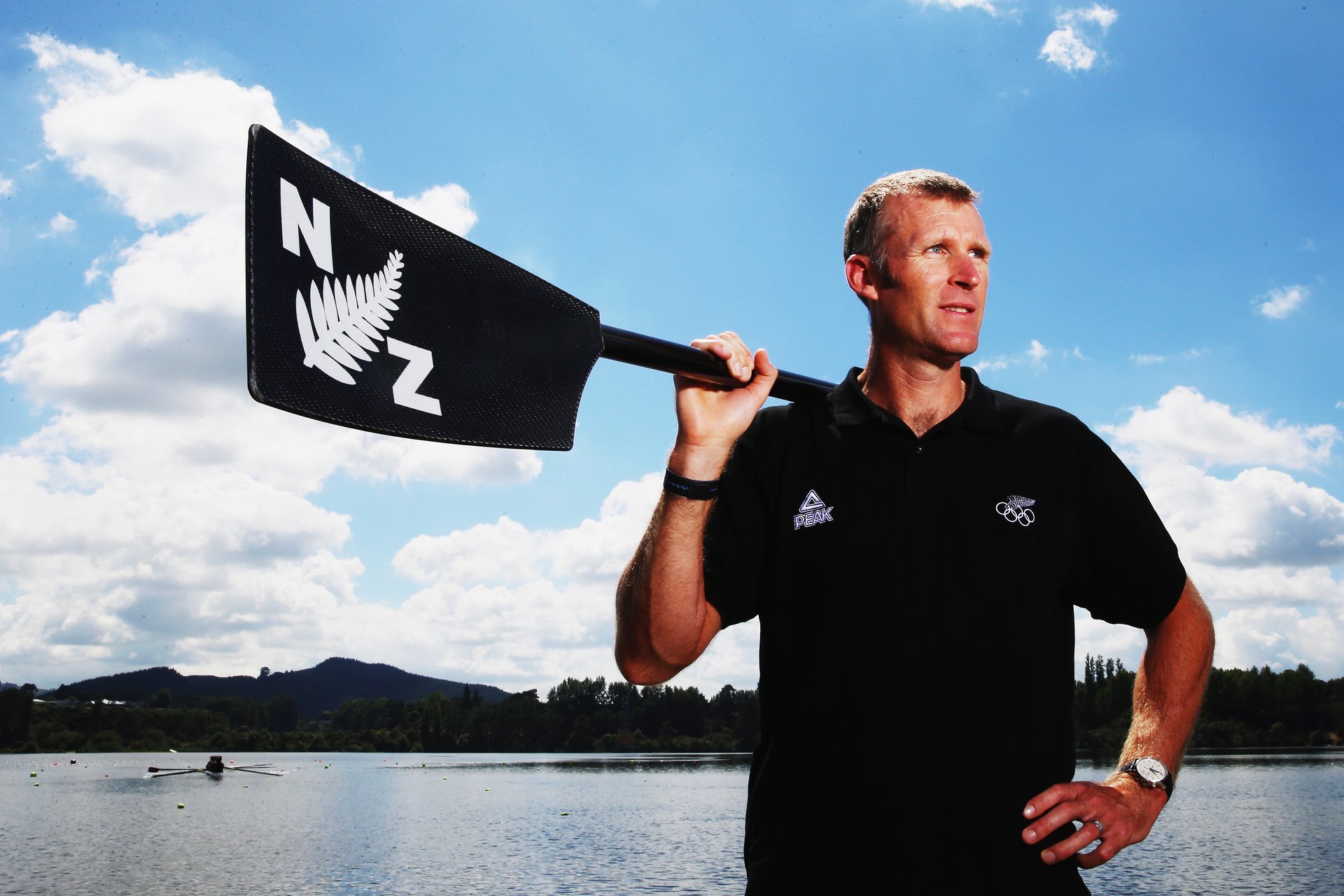
Mahe Drysdale puts his body – and his mind – through the wringer every time he races for Olympic gold.
The reigning Olympic champion and five-time world champion takes us through the pain, the perseverance and mental anguish that all comes in a 2000m single scull race.
Read more below...
[embed width="480" height="270" class="leftAlone" thumbnail="https://i.ytimg.com/vi/DNHs66IOpj4/hqdefault.jpg?r"]http://www.youtube.com/watch?v=DNHs66IOpj4&feature=youtu.be[/embed]
“A rowing race is pretty tough. You hit the wall about 300m into the race and its 2km long event! The pain kicks in pretty early. Hopefully you’ll get your second wind at 750m. The third 500 is the hardest part of the race, but it’s where New Zealand crews can make the difference with all that endurance training you’ve done.
“In the last quarter you know there are 60 strokes left to the line. Mentally you’re trying to convince your body to keep going, but your body wants to stop. So you go into auto pilot - your body knows what to do. If you’re coming into a sprint finish, the body screams, but mentally you have to push yourself and keep believing in the work you’ve done and know you can get to that line. Hopefully you come away with the gold.
Read more below...
Mahe wins Gold in London 2012
“It’s amazing when you win, how quickly that pain disappears. When you lose, the pain lingers for hours, if not days, on end. You know you have to work for another year, or four if it’s the Olympics, to have another opportunity. That’s a pretty tough part about sport.”
Endurance plays a crucial part in Drysdale’s success on the water, and he breaks it down into three aspects - mental, physical and technical.
“You need a lot of mental ability. You have to push yourself and doing that every day becomes very hard. The harder you push yourself the more ‘money’ you put in the bank. So it’s certainly worth doing,” he says.
As a younger athlete, the physical aspect carries more weight than later in your career. “It’s about time; year after year of solid work. Every year, it adds up. As you get older, you have a massive endurance base. And that is really useful.
“It’s hard work but by time you get to my age you have a big endurance base behind you. Physically for me these days, I can’t improve that much. It’s about finding other ways to improve. Whether it’s technique or mental or experience, or a combination of those.”
Read more below...
Mahe is selected to represent New Zealand at his fourth Olympics in 2016
Endurance has come naturally to Drysdale, who first took up rowing for fun at university. “I’m a slow twitch athlete, not a great sprinter - better at long distance. The New Zealand Rowing programme is very much an endurance-focused programme. It’s been instilled in us that’s the way to perform.”
It’s important to have done the long hours and the hard yards before going into big competitions so you have confidence, he says. “You can go out and know you will perform to your best. Endurance gives you consistency. If you’re fit, even if don’t row as well as you can, it’s possible to muscle your way down the course. You want to have the race of your life when you get to that big occasion, to cash in on all that work you’ve done over years and years.”
Every year, he reviews what he’s done and sets himself new goals. Every day, he looks for improvement. “A millimetre here or there, over time it all adds up and that’s often the difference in a world champs or Olympic final,” he says.
Although he loves rowing, Drysdale admits it is “a really weird sport”.
“It’s a lot of pain, really hard work, but there’s something really satisfying about it. You know every result you get has been pretty well earned.
“It’s very special competing for New Zealand and wearing the Silver Fern. It’s something you never take for granted - even though Rio will be my fourth Olympics. You do a heap of work for a seven-minute race every one or four years, but it’s very rewarding knowing so many people are supporting you in the background.”
He never thinks of himself as the inspiration for others, although there are many people he looks to for his own inspiration. “In a lot of ways, I see rowing is a little bit selfish - the fact that I’m very focused on myself and doing the best I possibly can. If that gives others inspiration, that’s great. I am trying to achieve great things for myself, my team around me and the people of New Zealand who have given me so much.”